The grim effects of climate change have led to a massive convergence of human minds to work out solutions for a greener, sustainable tomorrow. There have been pledges and promises aplenty. Nations realize how catastrophic the impact of climate change can be. And it goes beyond the destructive natural fury of floods, hurricanes, heat waves and wildfires. Climate change poses a serious threat to natural resources and food security which can stoke inflation and knock down economies. Galvanizing human efforts is a great beginning to combat climate change for tuning into a net-zero world. But will only human efforts suffice? When man-machine collaboration is permeating every possible realm of action, why exempt technology from climate action? Artificial Intelligence (AI) can anchor the green transition by cutting down emissions, ramping up energy efficiency and increasing the use of renewable energy sources. It can also build resilience to fight and mitigate the disastrous impact of climate change.
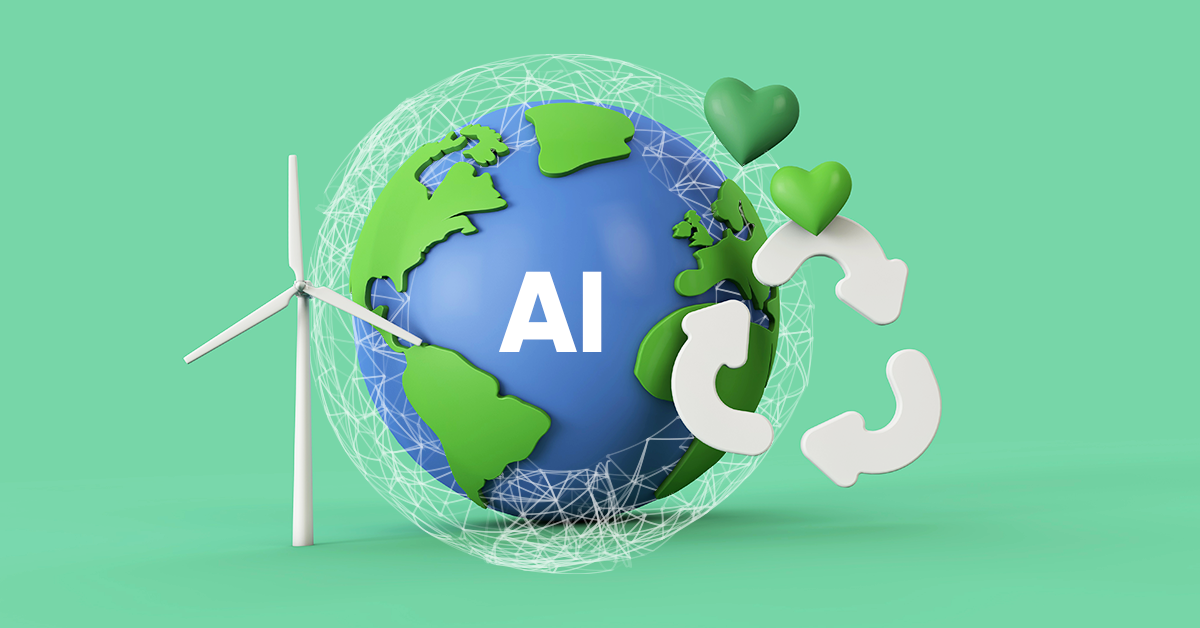
AI’s prowess and potential: Figures say it
According to a study by PricewaterhouseCoopers, AI tech can help prune emissions by four per cent by 2030. A BCG Climate AI Survey report released this year corroborates AI’s potential in tackling pernicious emissions. Eighty-seven per cent of the respondent CEOs in the survey acknowledged that AI is an essential tool to combat climate change. A blend of AI and advanced analytics can be useful for mitigation, measuring emissions, adaptation and managing vulnerabilities. AI can also help us adapt to the impacts of climate change by improving our ability to predict extreme weather events and providing decision-support tools to help us respond more effectively. For example, Google’s flood forecasting initiative uses Machine Learning (ML) models to provide people with detailed alerts. Google also uses AI models to detect wildfires and has covered more than 30 big wildfire events in the U.S. and Canada, helping inform people and firefighting teams with over 7 million views in Search and Maps.
AI applications in Climate Action
Macro & micro level measurement: AI tech can scan and aggregate unstructured data like remote sensing data from satellites, maps and graphs and help measure emissions. Moreover, it can mine legacy data to build predictive models for climate change-induced disasters like floods or hurricanes. To illustrate, New York-based Cloud to Street uses satellites and AI to track floods in near real-time anywhere on earth. The company runs a global flood database offering insights into flood exposure worldwide.

Reducing GHG emissions: It is possible to use AI solutions to support the transition to renewable energy sources. By shortening delivery times and minimizing energy consumption, AI can also reduce emissions by optimizing supply chains (to combat overproduction). Through effective gathering and processing of swarms of data. AI can monitor natural ecosystems like forests, algae and wetlands that play a central role in atmospheric carbon removal.
Building early warning systems: AI can provide timely alerts about upcoming events, as well as forecast long-term trends. AI, for example, can help identify conditions conducive to extreme weather events like hurricanes, floods, and wildfires by analyzing weather stations, satellite images, and sensor networks.
Managing crises: AI can provide decision-support tools once an extreme weather event has occurred, allowing us to manage the crisis. AI can, for example, identify people at risk of being affected by the event and provide them with the resources they need. Additionally, AI can provide information about the location of the people, the condition of infrastructure, and the progress of relief efforts in real-time.
Strengthening infrastructure: AI-based flood defences that use real-time data about rainfall, river levels, and land elevation can help prevent flooding. Sensor data can also be used to adjust heating, cooling, and ventilation in intelligent buildings to reduce energy use and emissions. According to a project summary from the UN, Knowledge Graphs can store and reason over vast amounts of data to help identify patterns, correlations, and dependencies that are otherwise hidden in complex datasets, thereby allowing floods, droughts, and other extreme weather conditions to be analyzed.
AI for a Sustainable Tomorrow
AI is a game-changing critical enabler that has the potential to accelerate humanity's fight against climate change. We have a chance to build a more resilient future with AI. The more widespread and severe the effects of climate change become, the more important it is that we continue to support climate-tech companies using AI.















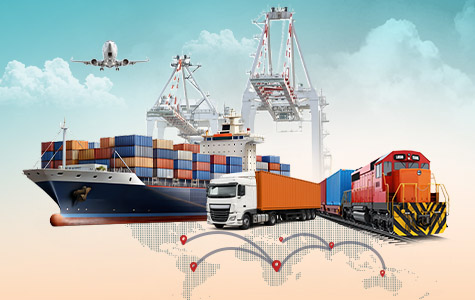

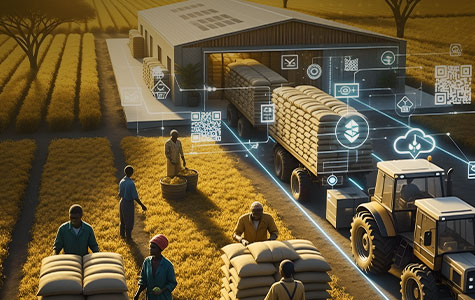


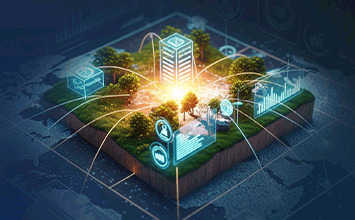
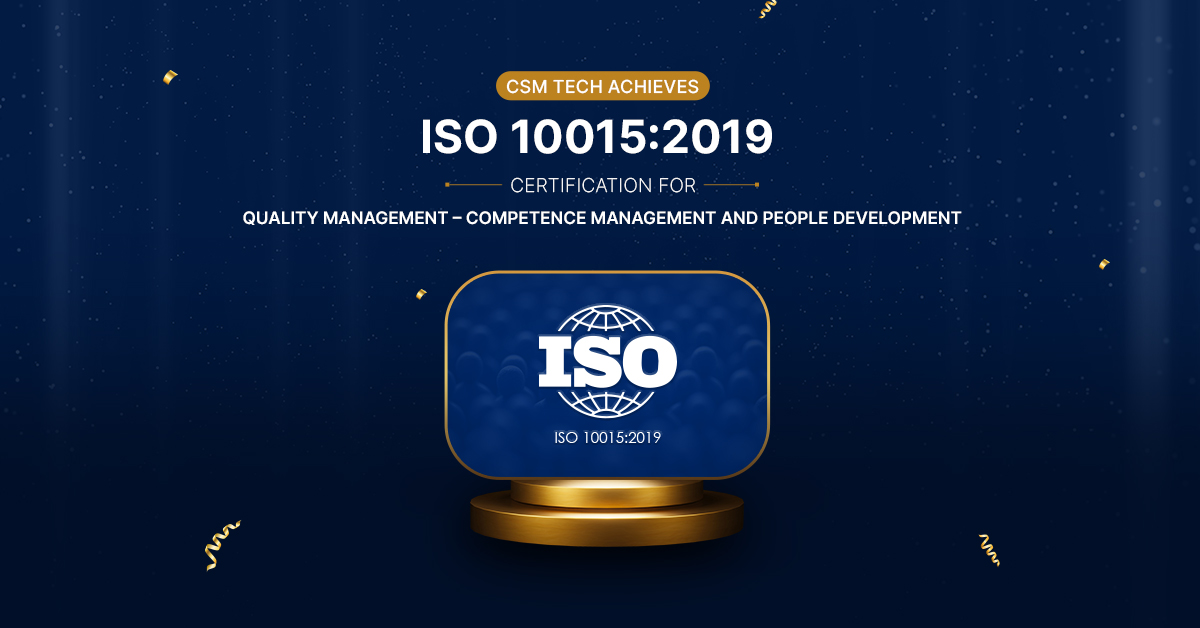

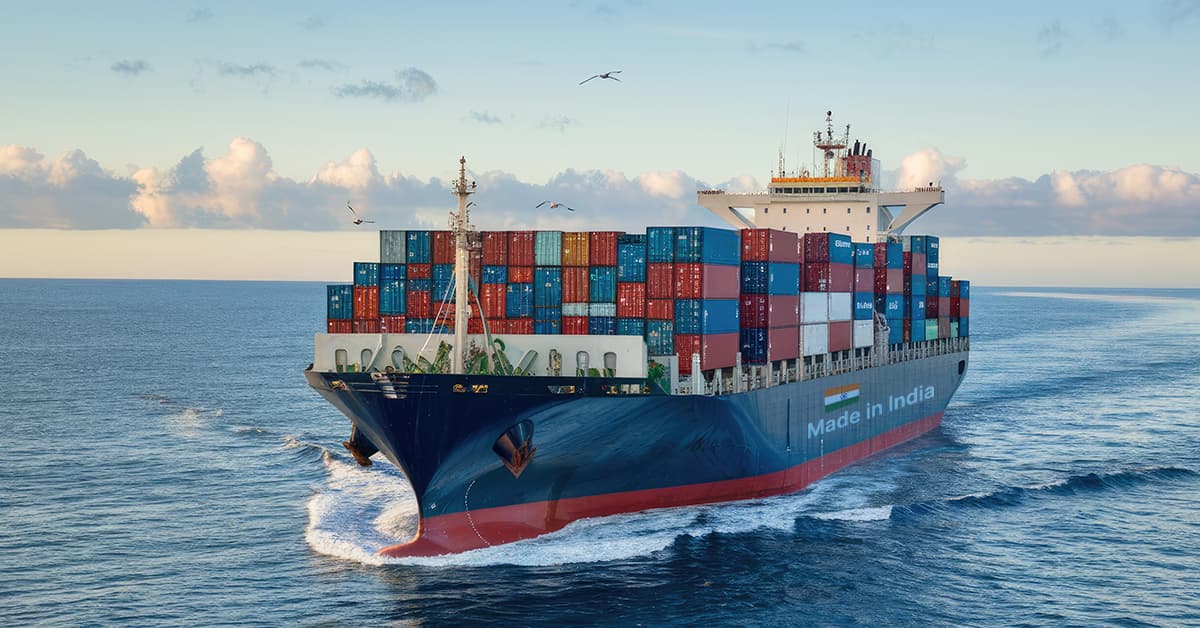
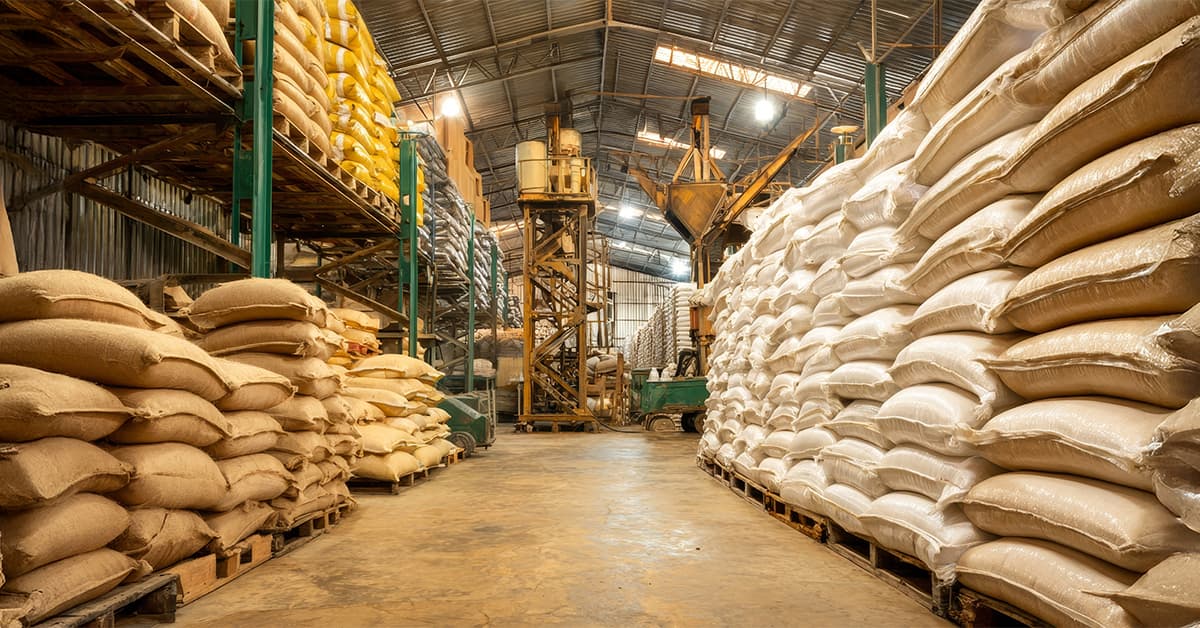

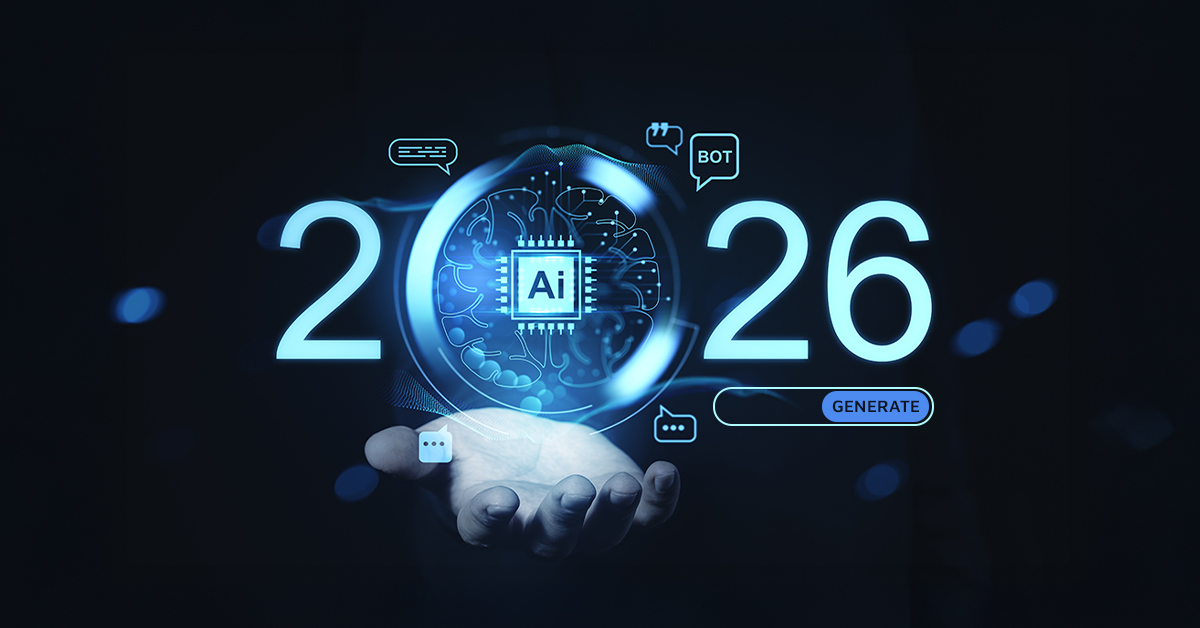





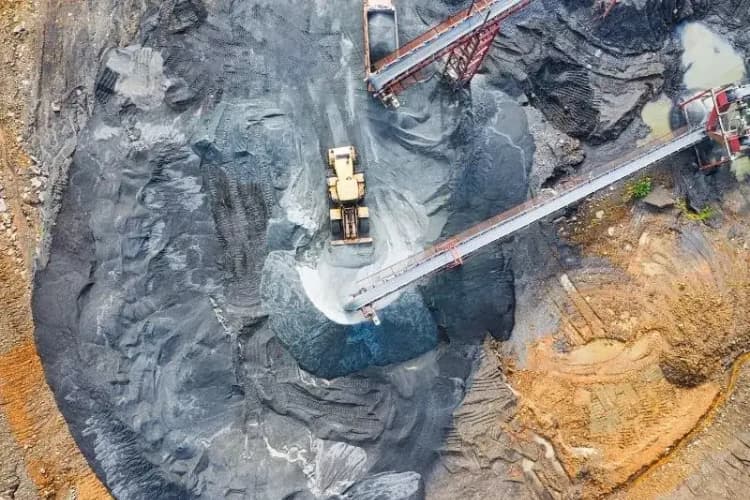









We will verify and publish your comment soon.